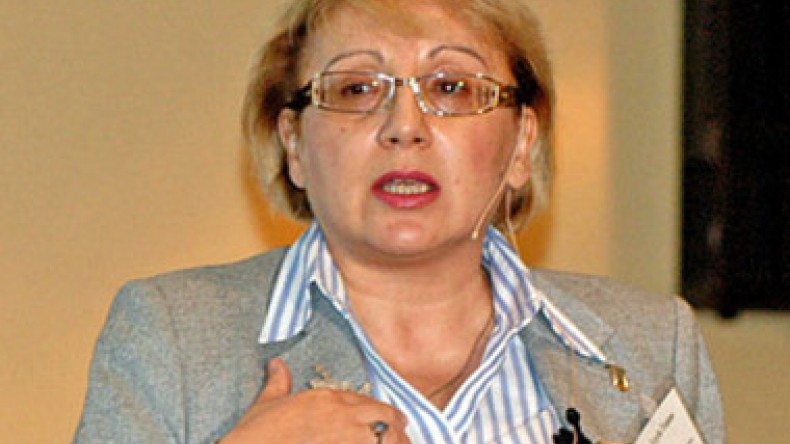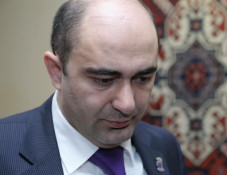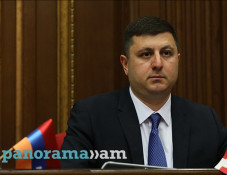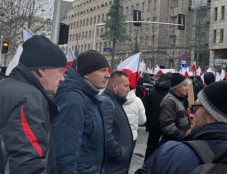
Open Democracy: ‘‘Caviar diplomacy’’ allows Azerbaijan persecute human rights defenders with impunity
In Azerbaijan, prominent human rights defenders are being arrested; and NGOs raided. ‘Caviar diplomacy’ covers it all up, write Dominika Bychawska-Siniarska and Aadam Bodnar in an article published on the site of Open Democracy.
Ilham Aliyev, President of Azerbaijan by arresting prominent human rights activists, kills the last breaths of civil society in his country, write the authors of the article.
According to the publication recently Leyla Yunus and her husband Arif Yunus were put behind bars, as well as Hasan Huseynli, Rasul Jafarov, Intigam Aliyev. “It is clear that the charges against these activists are spurious,” the authors note.
Moreover they report that prosecution proceedings were opened against 21 non-governmental organizations. All of them were charged with economic and tax offences.
The geopolitical situation of Azerbaijan and its plentiful energy resources substantially hinder the reaction of the West towards the worsening civil society situation in the country, note the authors.
“Many European countries are aware of the situation but prefer to remain silent even when Ilham Aliyev is escalating repressions. Politicians prefer to wait for international organizations to act despite knowing that these are not effective by themselves,” the article notes.
First of all, Azerbaijan, unlike other countries of the South Caucasus, is rich in oil and gas. For some European countries, Azerbaijan’s resources constitute an alternative to deliveries from Russia. Azerbaijan also prefers ‘caviar diplomacy;’ and is using all means to win over its Western supporters. It is also investing in its international image.
The article also notes that the speech of Ilham Aliyev at the Parliamentary Assembly forum in June 2014 sounded rather fanciful, especially when he tried to convince parliamentarians that there are no political prisoners in Azerbaijan.
Ilham Aliyev has taken advantage of the fact that the world’s eyes are turned upon Ukraine and the Israeli conflict in Gaza. “By arresting activists and forbidding them to leave the country, he tries to silence people who were informing European public opinion about political prisoners, human rights violations, corruption,” the article reads.
The human rights activists not that they are not looking for economic sanctions from the European Union against Azerbaijan. But, they believe, if the West has decided to invite Azerbaijan into the house of European ideas, and if the West has imbued young Azeri activists with ideas of freedom, pluralism, tolerance, the rule of law, and human rights, then it is their moral duty to defend them when they are in trouble. “Silence means betraying our own democratic values,” note Dominika Bychawska-Siniarska and Aadam Bodnar.
Newsfeed
Videos






























